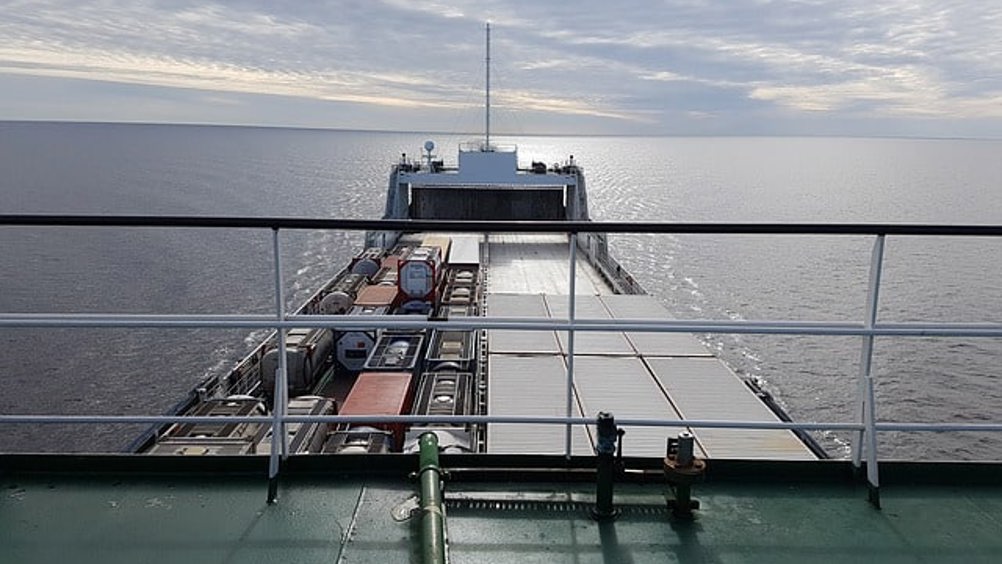UK CubeSat takes aim at illegal maritime activity
A new UK CubeSat platform set to launch in 2020 will track electronic emissions from ships in an effort to crack down on illegal maritime activity.

All ships are equipped with Automatic Identification Signals (AIS) which allow them to identify each other at sea as well as helping authorities track them via satellite. However, AIS systems can be switched on and off, and are generally disabled when ships carry out illicit activity, such as smuggling, piracy and illegal fishing. Known as IOD-3 AMBER, the new 6U CubeSat will track vessels using an L-band Satphone detection sensor package combined with radar detection, matching the signals against the presence of AIS beacons.
The project – which is backed by Innovate UK - is a collaboration between Horizon Technologies and the Satellite Applications Catapult, and is part of the latter’s In-Orbit Demonstration Programme. The satellite bus will be built by Glasgow’s AAC Clyde Space and launched from the International Space Station. Once in orbit, it will work in tandem with Horizon’s Amber Ground Exploitation Station (GES), set to be built in Newquay, Cornwall.
Register now to continue reading
Thanks for visiting The Engineer. You’ve now reached your monthly limit of news stories. Register for free to unlock unlimited access to all of our news coverage, as well as premium content including opinion, in-depth features and special reports.
Benefits of registering
-
In-depth insights and coverage of key emerging trends
-
Unrestricted access to special reports throughout the year
-
Daily technology news delivered straight to your inbox










Water Sector Talent Exodus Could Cripple The Sector
Maybe if things are essential for the running of a country and we want to pay a fair price we should be running these utilities on a not for profit...